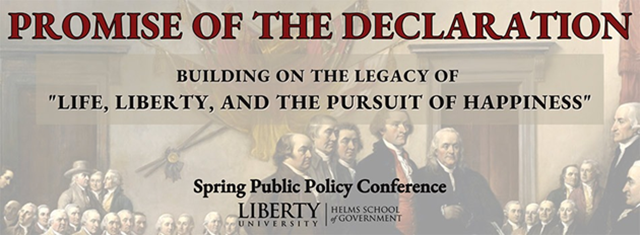Location
Cultural & Social Challenges
Level of Education
Undergraduate
Secondary Session
Questions of Justice: Past and Present
Keywords
Juveniles, Criminal Justice System, Delinquency, Mentoring, Mentoring Programs, Rehabilitation, Biblical Christian Worldview, Social Challenge, Cultural Challenge.
Presenter Names and Speeches.
Isaiah Franqui
Abstract
The juvenile delinquency epidemic in the United States has been approached using many methods. This paper is an attempt to showcase one method that is often glanced over, but may provide the best solution yet. A new promising outlook for the overall well-being of juveniles within the criminal justice system is the formation of mentoring programs. These programs connect at-risk youth and/or current juvenile delinquents to a mentor who, in turn, can help shift the direction of their lives. They often take place within community centers throughout the day and can present themselves in a number of different methods. Through a thorough examination of crucial definitions, key characteristics and implementation styles, promising literature, as well as including thoughts of whole-person transformation, it is evident that mentoring programs are a compelling method in benefiting juvenile lives. The mission to increase successful juvenile rehabilitation in America is not only a duty in order to uphold liberty and justice for all, but it is also a cultural and social challenge that needs to be at the forefront of the criminal justice system.
Included in
Human Rights Law Commons, Juvenile Law Commons, Law and Philosophy Commons, Law and Politics Commons, Other Law Commons, Social Justice Commons
Mentoring Programs: An Answer to the Cultural & Social Challenge of Juvenile Rehabilitation
Cultural & Social Challenges
The juvenile delinquency epidemic in the United States has been approached using many methods. This paper is an attempt to showcase one method that is often glanced over, but may provide the best solution yet. A new promising outlook for the overall well-being of juveniles within the criminal justice system is the formation of mentoring programs. These programs connect at-risk youth and/or current juvenile delinquents to a mentor who, in turn, can help shift the direction of their lives. They often take place within community centers throughout the day and can present themselves in a number of different methods. Through a thorough examination of crucial definitions, key characteristics and implementation styles, promising literature, as well as including thoughts of whole-person transformation, it is evident that mentoring programs are a compelling method in benefiting juvenile lives. The mission to increase successful juvenile rehabilitation in America is not only a duty in order to uphold liberty and justice for all, but it is also a cultural and social challenge that needs to be at the forefront of the criminal justice system.



